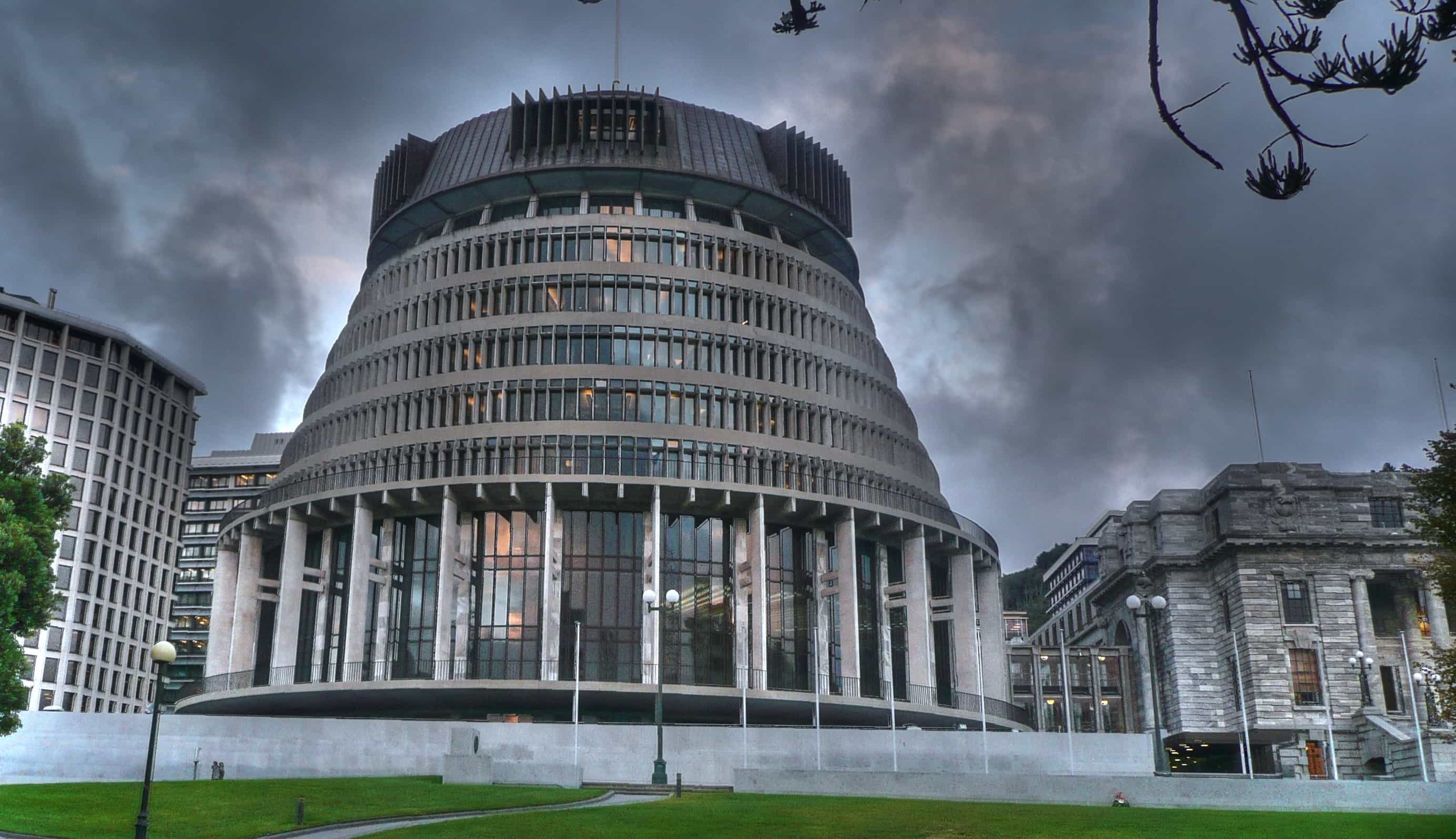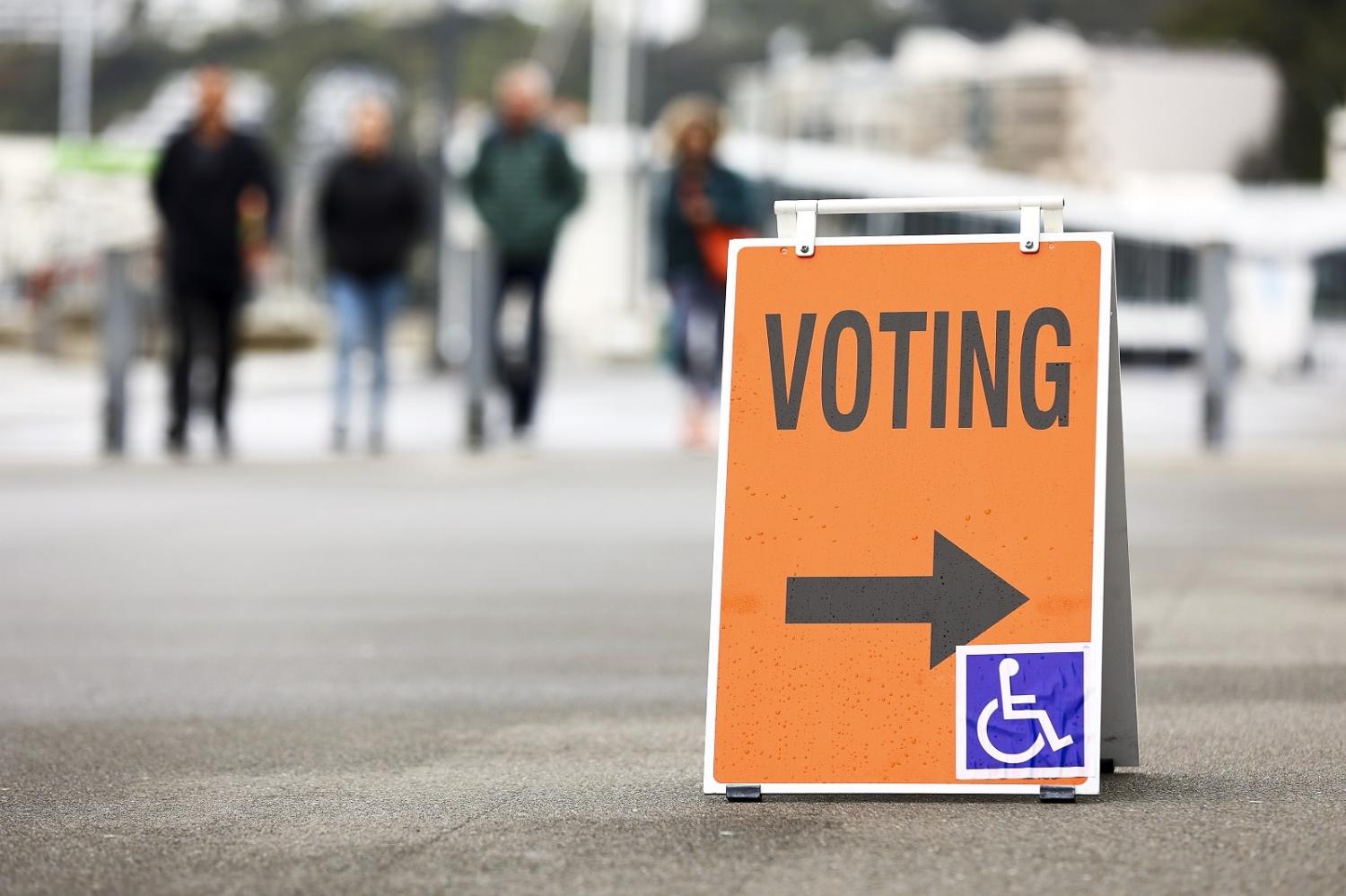It is often said about New Zealand elections that it doesn’t really matter which of the two main parties – Labour or National – is in power because their policies are so similar. But not this time.
In fact, the differences between the policies of the incumbent Labour and the opposition National are so marked that this weekend’s election has turned into one of the most divisive in years, particularly on Māori issues. There is hardly anything on which Prime Minister Chris Hipkins and National’s Christopher Luxon, former CEO of Air New Zealand, agree.
Under the slogan “In it for you”, Labour’s big-spending socialist manifesto would extend free early childhood education for two-year-olds, give 160,000 working families an extra $25 a week, and provide free dental healthcare for under-30s among other election sweeteners. However, all these will come at a high price to the economy. In the last four years, New Zealand’s sovereign debt has soared from $5 billion to more than $100 billion.
Meantime, under the line “Let’s get New Zealand back on track”, National has promised to rein in wasteful government spending, cancel some of Labour’s projects, stand beside farmers (a sector particularly hostile to Labour), boost private enterprise, and get tough on law and order in the wake of rising gang violence.
In short, National is promising “disciplined spending, lower taxes, less debt, and large fiscal buffers against future economic shocks”, while Labour is heading in the opposite direction, economically speaking.
Yet arguably one of the most divisive matters for voters is that of co-governance. National’s Luxon has flatly rejected co-governance, while two of Labour’s coalition partners – the Greens and the Māori Party – stand uncompromisingly for legislated power-sharing that in practice would give them a permanent seat in government, regardless of the norms of democracy.

Privately, many New Zealanders see this as a Māori takeover. And although Hipkins falls short of endorsing co-governance, his proposal of a vague alternative – mahi tahi or working together – is not sufficiently reassuring for most voters, according to the polls.
Many New Zealanders are, for instance, alarmed by the toxic language routinely used by Marama Davidson, co-leader of the strongly pro-Māori Greens, who considers National a racist party and has said that white men are the cause of most violence.
Under former prime minister Jacinda Ardern and now Chris Hipkins, Māori activists have achieved significant cultural inroads in the form of wider use of the Māori language in print and conversation, as well as on the country’s main television channels, in addition to the two existing Māori channels.
But the possible renaming of New Zealand as Aotearoa is easily the most divisive issue. It has become standard practice for television presenters to refer to Aotearoa rather than New Zealand, and Māori activists always use the former. Indeed, some activists believe it is racist not to use Aotearoa.
While Luxon (who is learning the Māori language) is not unsympathetic to Māori issues, he has said he will make decisions on the basis of the national good rather than on ethnic grounds. On the long-running and controversial issue of reparations for past wrongs to Māori, he will set a deadline of 2030 for all claims to be settled. These were supposed to be concluded more than 20 years ago but tribes and sub-tribes are queuing up for their turn as the number of payouts grows. In 2022 alone, the Crown awarded NZ$320 million in four settlements after tortuous years-long negotiations, but many more hang over the head of whichever party forms the next government.
As the election period enters its final week, the polls put National comfortably ahead on 35.8 per cent to Labour’s 26.8 per cent. However, coalition partners Greens sit on just over 12 per cent and the Māori Party on 2.8 per cent. Once again though, the perennial political survivor Winston Peters of New Zealand First could hold the balance of power. His party sits on 5.7 per cent, which would be enough to force National, a natural partner, to deal with him.
Many New Zealanders will vote with their feet. In the last year, the number of New Zealanders migrating to Australia almost tripled, while the number of returnees grew by less than half in a big net loss.

